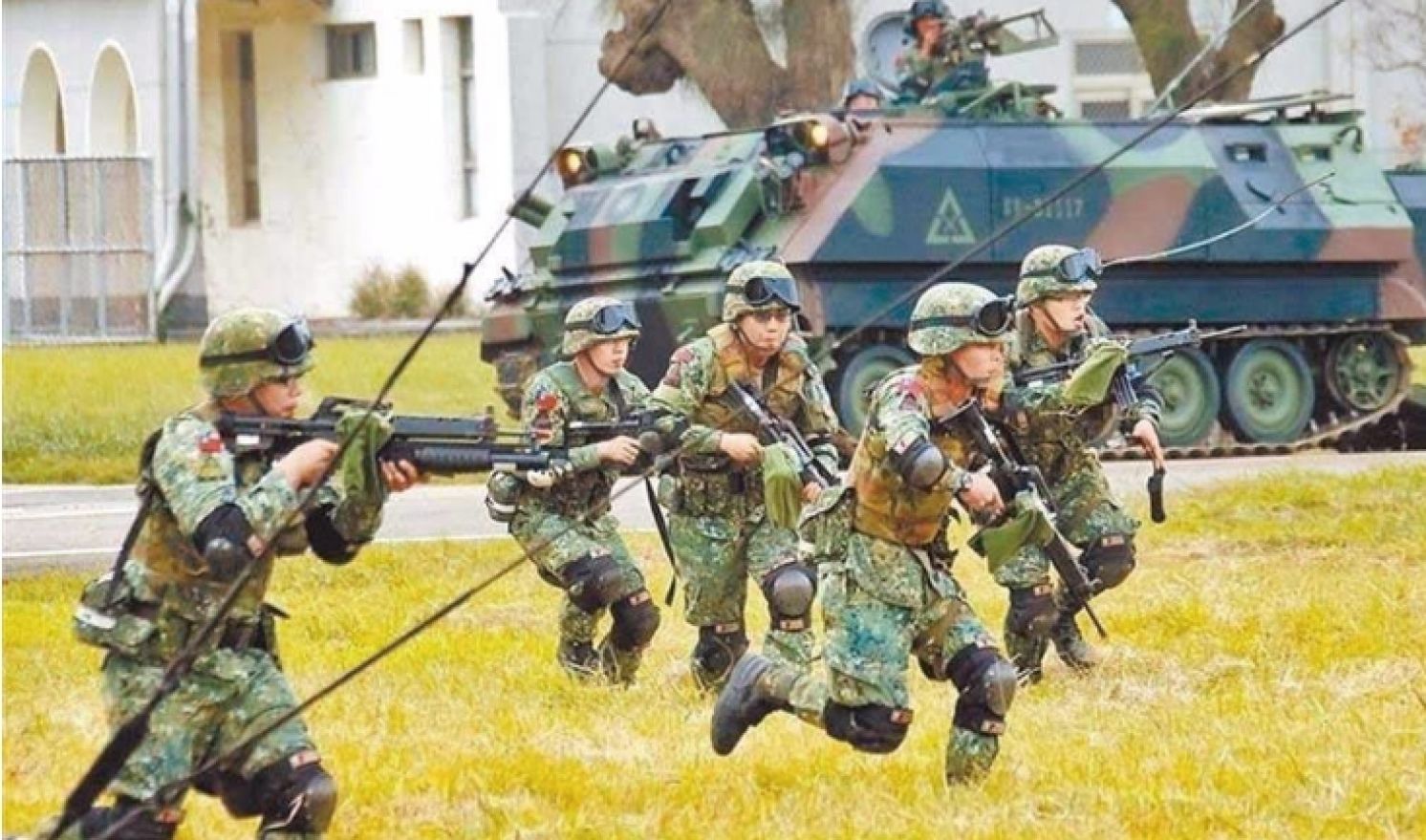
Nikkei Slanders Military:Who is Misleading and Who Adding Fuel?
United Daily News Editorial, March 4, 2023
Recently, the Japanese financial newspaper Nihon Keizai Shimbun published a series of special reports titled "The Unknown Side of Taiwan," with the first article focusing on the blind spots lurking in Taiwan's military. According to the article, 90 percent of Taiwan veterans have provided China with military intelligence in exchange for money, and there are many spies hidden in the military. Moreover, most of the military cadres are of mainland Chinese descent. Ministers of National Defense have also mostly been mainlanders. The article also claimed that President Tsai Ing-wen cannot control the Armed Forces. The relevant reports were sensational, and various organizations such as the Ministry of National Defense (MND), the Veterans Affairs Council (VAC), the Ministry of Foreign Affairs, and the Office of the President all came forward to refute or condemn the allegations. Minister Feng Shih-kuan of the VAC even resorted to using profanity in his response.
The Nikkei report was unimaginable, causing an uproar from various sectors. Both the MND and the VAC accused Nikkei of citing unknown sources, fabricating stories out of thin air, and slandering the Armed Forces. Could this simply be the prejudice of the Japanese media, or does it also include misleading information from some people in Taiwan? The content of the article was provided to Nikkei by anonymous veterans, military experts, and other people with military sources. Unless these interviewees are all fabricated, the fact that these biased views can generate such a strong reaction from the outside to the inside of the country may be a latent concern for the military and security.
The reaction of the ruling Democratic Progressive Party (DPP) reaction towards the Nikkei article was surprising. While the Japanese media slandered the current and retired military personnel, the DPP media outlets reported with mixed praises and criticisms. They claimed that the Nikkei reports hit the mark about the Armed Forces, which is tantamount to stomping on its dignity. On one hand, the Office of the President has stated that the report is unfair to the veterans. On the other hand, DPP Legislator Liu Shi-fang and committee members jointly signed a proposal to investigate whether any retired military officers in the past five years have leaked confidential information. This act is yet another affront to both current and retired military personnel.
The reports by Japanese media have undermined the reputation of the military, undermined its dignity, and weakened the unity of the military, further straining the relationship between the military and the people. However, behind the comments of those interviewed and the DPP's peculiar response to the reports, there is a common narrow-mindedness: a lack of trust or even some hostility towards the military, and an exaggeration of the provincial prejudice that has long been relegated to the dustbin of history. The specter of a narrow-minded provincial complex will continue to divide society, and attacking the Armed Forces poses the biggest risk to national security.
Oversight of national defense is necessary. Yet, some demand a stronger military readiness while suspecting the military of collusion with the enemy when these military officers and soldiers risk their lives to defend the country's survival, safeguarding democracy and freedom. These same people call for strengthening national defense while simultaneously accusing the military of corruption. They call for national unity, yet look for enemies among their own people. They promote defense of the entire country, but they are destroying the trust between the people and the military. How can the military be expected to fight against China to protect Taiwan in these circumstances? Even more alarming is that the ghost of provincial prejudice, which has gradually disappeared from civil society, can still haunt and even be used to sow discord among ethnic groups and divide the military.
In fact, the protests that occurred at the February 28 memorial activities reflect the same narrow-mindedness. Former President Ma Ying-jeou listened sincerely to the victims’ families and apologized for the February 28 incident for more than 30 times. Taipei Mayor Chiang Wan-an also listened and apologized, yet the commemorative event was still disrupted by protests. During the election, they questioned whether Chiang was a descendant of the Chiang family. Then, when it came to the February 28 Incident, they demanded that he apologize as a descendant of the family. When Chiang Wan-an apologized, they still claimed that the apology was insincere. In reality, their aim was to humiliate Ma and Chiang. In doing so, they insulted the victims' families' desire for healing and peace. They attempted to label mainlanders’ descendants as "outsiders" to rally and gain momentum, but instead, they were merely rubbing salt into the wounds of our history and society.
It is worth comparing this with the key themes in President Tsai’s February 28 remarks since taking office. From the initial emphasis on “truth and reconciliation” to the current focus on “Taiwanese dignity,” these themes have become increasingly clear over time. However, the legislation and actions taken by the Tsai administration in the name of "transitional justice" do not seem to prioritize historical truth. Instead, they deliberately manipulate facts. There is no evidence of a desire for reconciliation, only an all-out hunt on political opponents. The government has not made efforts to unite society but has instead continually torn apart different ethnic groups. In recent years, there has been no effort to unite the country, only further national division.
The report in Nikkei was not a coincidence. The mindset behind echoing Nikkei's smearing of the Armed Forces, the subsequent investigation of veterans, and the protests at the February 28 commemorative events are all the same. However, must Taiwan continue to be a place of sadness, with a fractured nation, a society in disarray, a divided military, and mutual suspicion between the military and civilians?